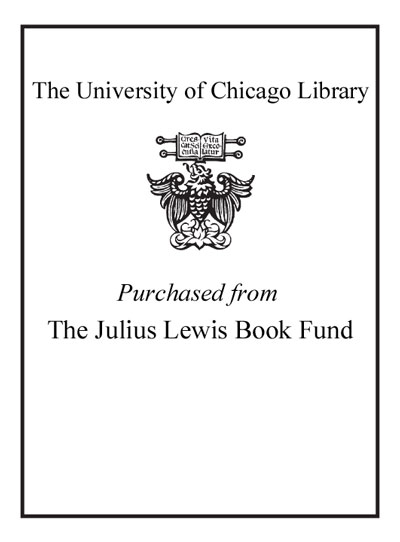Review by Publisher's Weekly Review
Novey (The Next Country) devotes her spare, angry and careful second book to imprisonment: incarceration as a metaphor, the literal troubles of inmates in the U.S., and, in the book's last segments, the infamous carceral spaces-a Brazilian island, a Valparaiso jail-used by tyrannical Latin American regimes. Novey has taught in prisons in New York State, and some terse prose poems reflect her experience: "In the shine of a car outside the prison my reflection gets wider until it splits." Her attention, however, remains with the people who have to live inside: their patience, lost opportunities, humiliations, and final dignity. Novey's best work complements (rather than trying to become) journalism, and it demands quotation. "To be quiet in a prison, Janet said, is to admit that you're there." The work may seem slight, or distractingly miniature, beside the work of other poets who visited prisons (C.D. Wright) or who have spent time inside (Dwayne Betts). As the poems slide between prison as figure for anyone (the excellent "House Arrest," about family life) and prison as daily reality for some, Novey's goals can get in each other's way. And yet the book reveals superb acts of attention, by a writer whose reliable moral sense matches her first-rate ear. (Apr.) (c) Copyright PWxyz, LLC. All rights reserved.
(c) Copyright PWxyz, LLC. All rights reserved
Review by Publisher's Weekly Review

